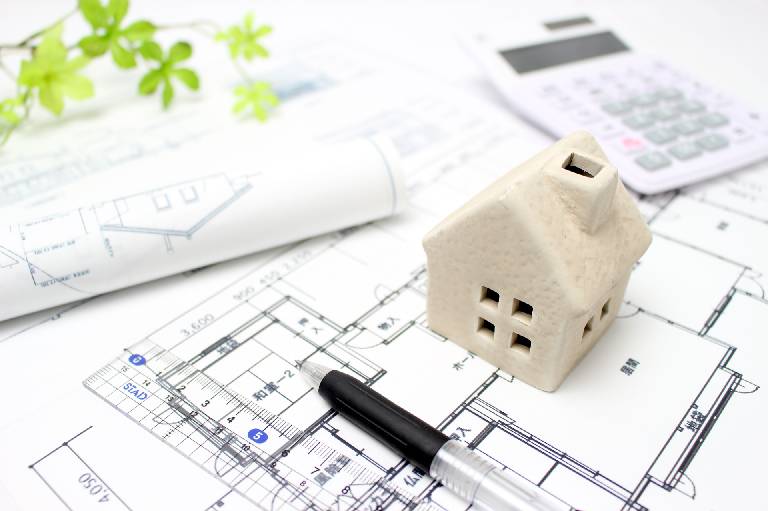Many of us working from home these days, or not working at all, are using our time around the house to tackle those projects we’ve been putting off. Whether it’s something substantial, like remodeling the kitchen or adding a pool, or small, like painting the garage, it’s good to give some thought to the best way to get the money to pay for our home improvement.
First, two things NOT to do to get the cash you need.
- Use a high-interest rate credit card.
- Withdraw money from your 401(k). Equities took a near 30 percent hit during March and April. It is not advisable to sell those assets at a 30 percent loss. As well, you’ll be charged a 10 penalty to withdraw funds from a 401(k) or other tax-deferred retirement account if under 59-1/2 years old.
Better to take advantage of the current historically low interest rates and borrow the money. You might be hesitant to incur new debt, but consider that debt is a financial tool you use to leverage your assets. Using the equity in your home is a way to leverage what is likely your largest asset, especially when markets take a downturn.
There are two primary ways to tapping into your home’s equity: a home equity line of credit (HELOC) and refinancing your mortgage. There are pros and cons to each, and the approach you choose will depend on your needs and finances.
HELOC
A HELOC is a line of credit of a specified amount extended to a homeowner that uses the borrower’s home as collateral. You borrow only what you need, then pay it off over time on your own schedule. Typically there are no closing costs, the interest rate is comparatively low, and there are no early payment or other fees. You might be charged an annual fee to maintain the line of credit, and it’s important to ensure there are no penalties or other fees attached to the loan before you commit.
A variable rate HELOC is often a preferred way to borrow. Variable rates are typically lower than fixed, and, given the current low interest rate environment, likely to stay low well into the future. Still, there is a risk that interest rates will rise before you are able to pay down the line.
If you file an itemized tax return, you can deduct your HELOC interest payments, as long as you use the funds for home improvements. You won’t be able to deduct interest payments if you use the money for other purpose, like to take a vacation or buy a sports car.
Mortgage Refinance
Mortgage rates have dropped recently to as low as 3 percent. If your rate is over 4 percent, you are in the early stages of your mortgage, and you plan to stay in your home for the foreseeable future, you might want to access your equity and take some cash out by refinancing your home. Not only could you loosen up some cash, you could lower your mortgage payments.
Refinancing could be an opportunity to reduce the term of your loan, from 30 to 20 or even 15 years, and maintain about the same monthly payment given the lower rate. It might also allow you to convert to a low fixed rate if you are currently on a variable rate.
On the other hand, refinancing typically requires you to pay closing costs. As well, mortgage interest is front loaded—that is, you pay more interest in the early years of your mortgage than in later years. The earlier in your term you refinance the more sense it makes.
Borrowing against your home can be the best way to generate the cash you need without draining your retirement savings, especially for a home improvement that will increase the value of your home.
If you have questions or concerns about how to fund your project, consult your HBKS wealth advisor. We’re here to help you make financially sound decisions. You can email me at cpallegretti@hbkswealth.com.
IMPORTANT DISCLOSURES
The information included in this document is for general, informational purposes only. It does not contain any investment advice and does not address any individual facts and circumstances. As such, it cannot be relied on as providing any investment advice. If you would like investment advice regarding your specific facts and circumstances, please contact a qualified financial advisor.
Any investment involves some degree of risk, and different types of investments involve varying degrees of risk, including loss of principal. It should not be assumed that future performance of any specific investment, strategy or allocation (including those recommended by HBKS® Wealth Advisors) will be profitable or equal the corresponding indicated or intended results or performance level(s). Past performance of any security, indices, strategy or allocation may not be indicative of future results.
The historical and current information as to rules, laws, guidelines or benefits contained in this document is a summary of information obtained from or prepared by other sources. It has not been independently verified, but was obtained from sources believed to be reliable. HBKS® Wealth Advisors does not guarantee the accuracy of this information and does not assume liability for any errors in information obtained from or prepared by these other sources.
HBKS® Wealth Advisors is not a legal or accounting firm, and does not render legal, accounting or tax advice. You should contact an attorney or CPA if you wish to receive legal, accounting or tax advice.
